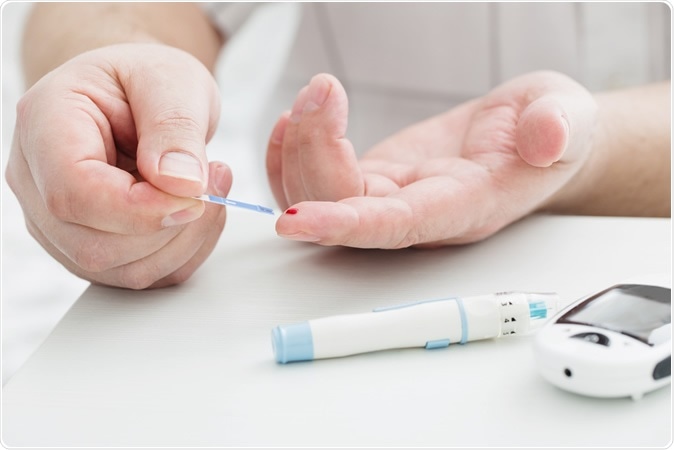According to the American Cancer Society, about 1.7 million people die from cancer in the United States every year. This number is projected to reach 2.6 million by 2020.
Who should be screened for what types of cancer?
Everyone should be screened for cancer at least once during their lifetime, but especially those who are at high risk. The most common types of cancer that people should be screened for are colon, breast, and prostate cancer. Other cancers that may be worth screening for include melanoma, lung cancer, and ovarian cancer. You can also look for cancer screening in Kenya.

Image Source: Google
There is no one answer to whether or not everyone should be screened for cancer, as the decision depends on a person’s individual risk factors and overall health. However, there are some general guidelines that can help you make an informed decision about whether or not to screen for specific types of cancer. For example, if you are over the age of 50 and have a family history of colorectal cancer, it is generally recommended that you get screened for this disease.
If you are at high risk for any type of cancer, it is important to talk with your doctor about whether or not screening is right for you. There is no “one size fits all” approach to cancer screening, so your doctor will likely tailor a screening plan specifically for you based on your individual risk factors and health history.
Types of Cancer that can be Detected
Screening is a process of detecting an illness early by using a test or examination. It is important to perform regular screenings to help detect cancer as early as possible. There are many different types of cancer that can be detected through screening. Here are four common types of cancer that can be screened for:
breast cancer
colorectal cancer
prostate cancer
cervical cancer
Some cancers may be more common in one gender than another, so it is important for both men and women to get screened for these cancers. Screening can help detect the disease at an early stage, when treatment options are better.
